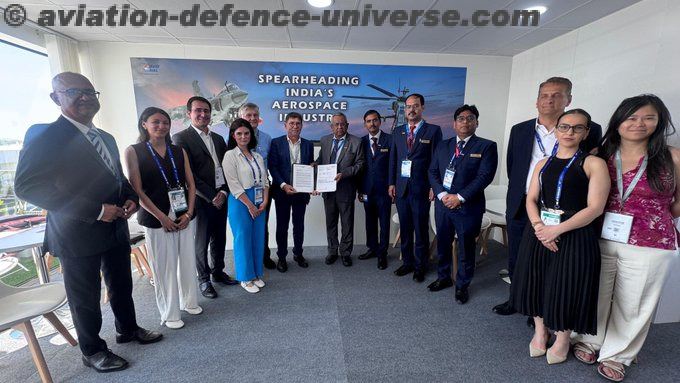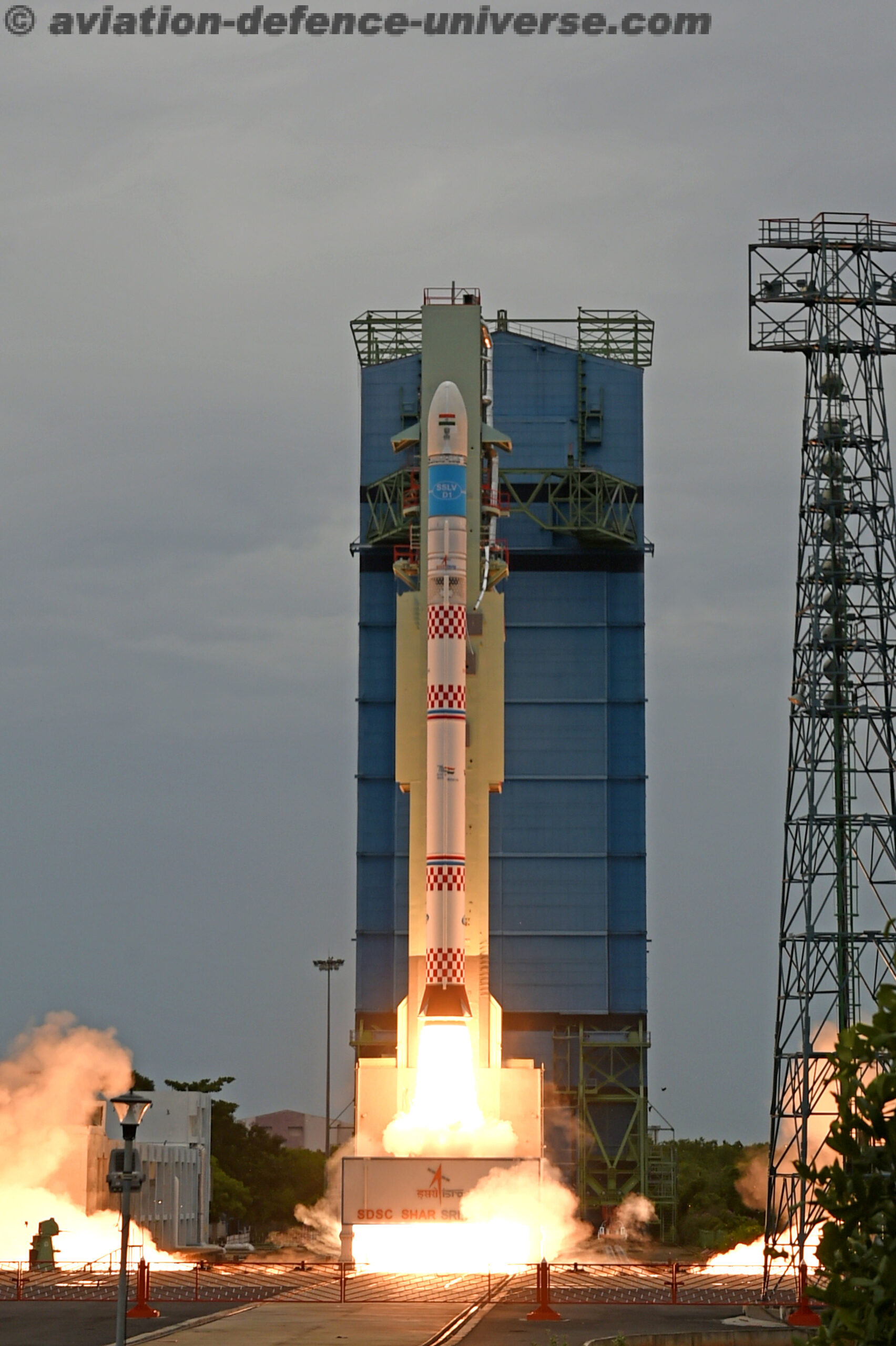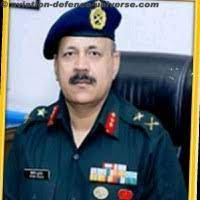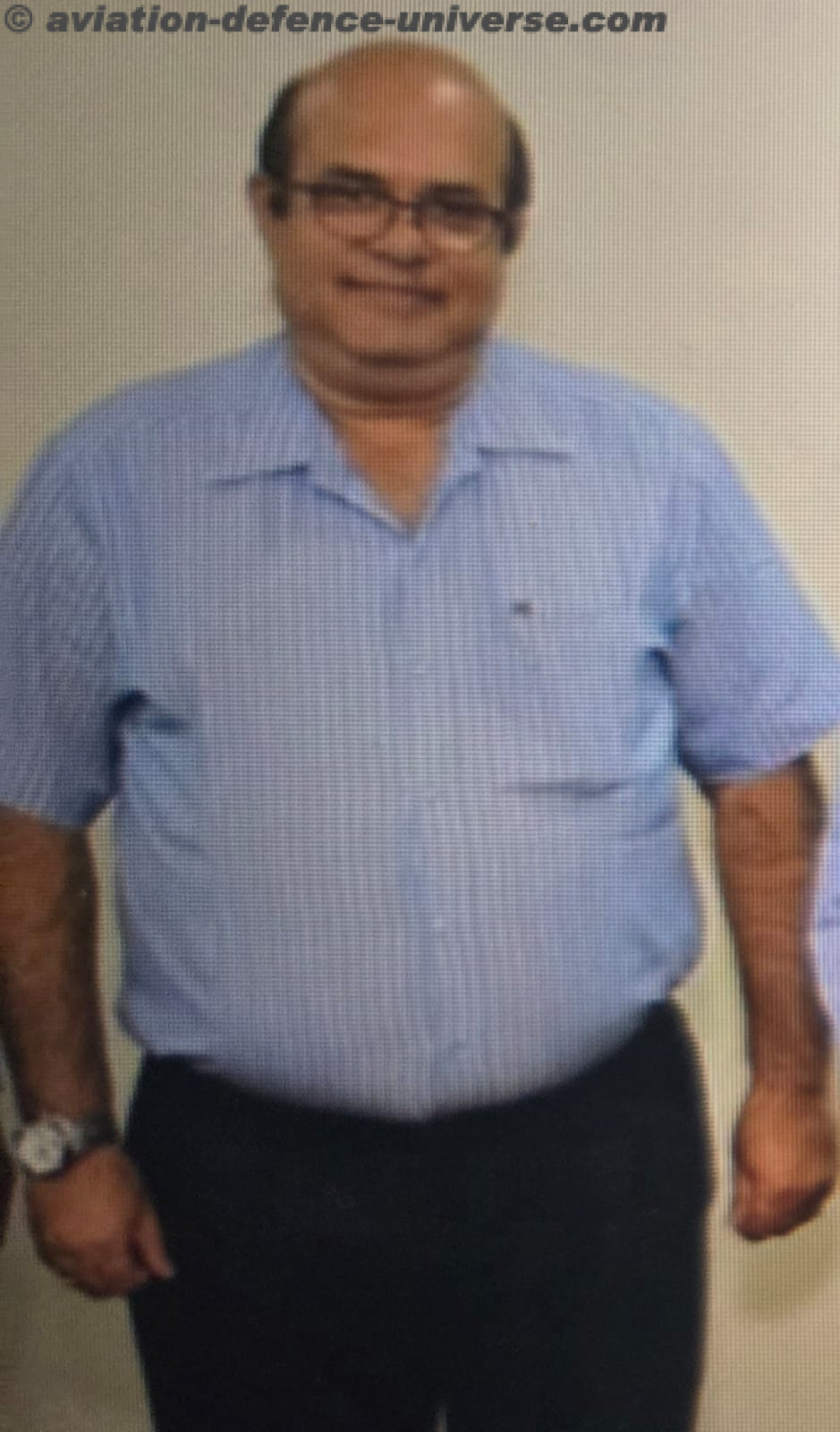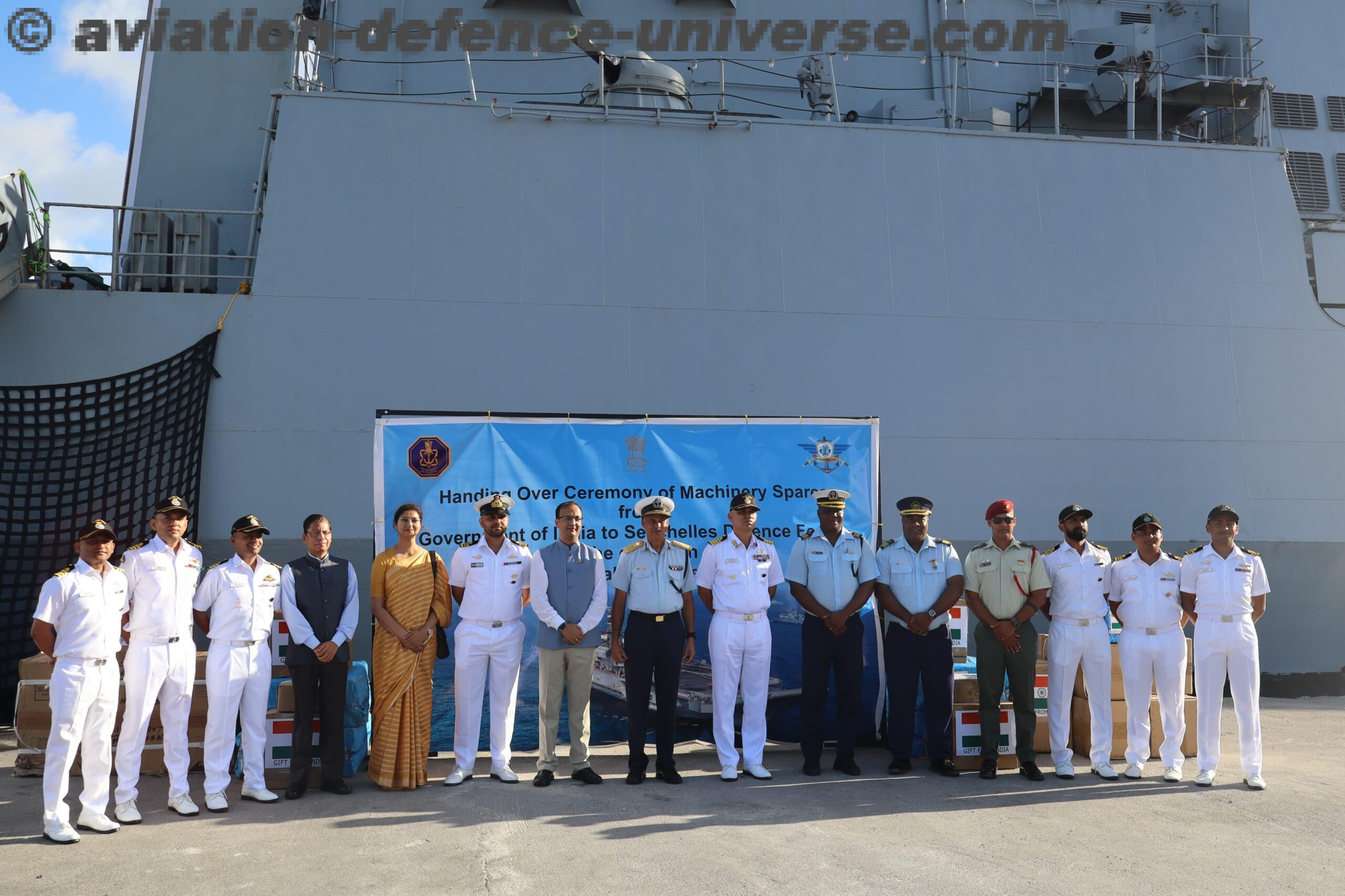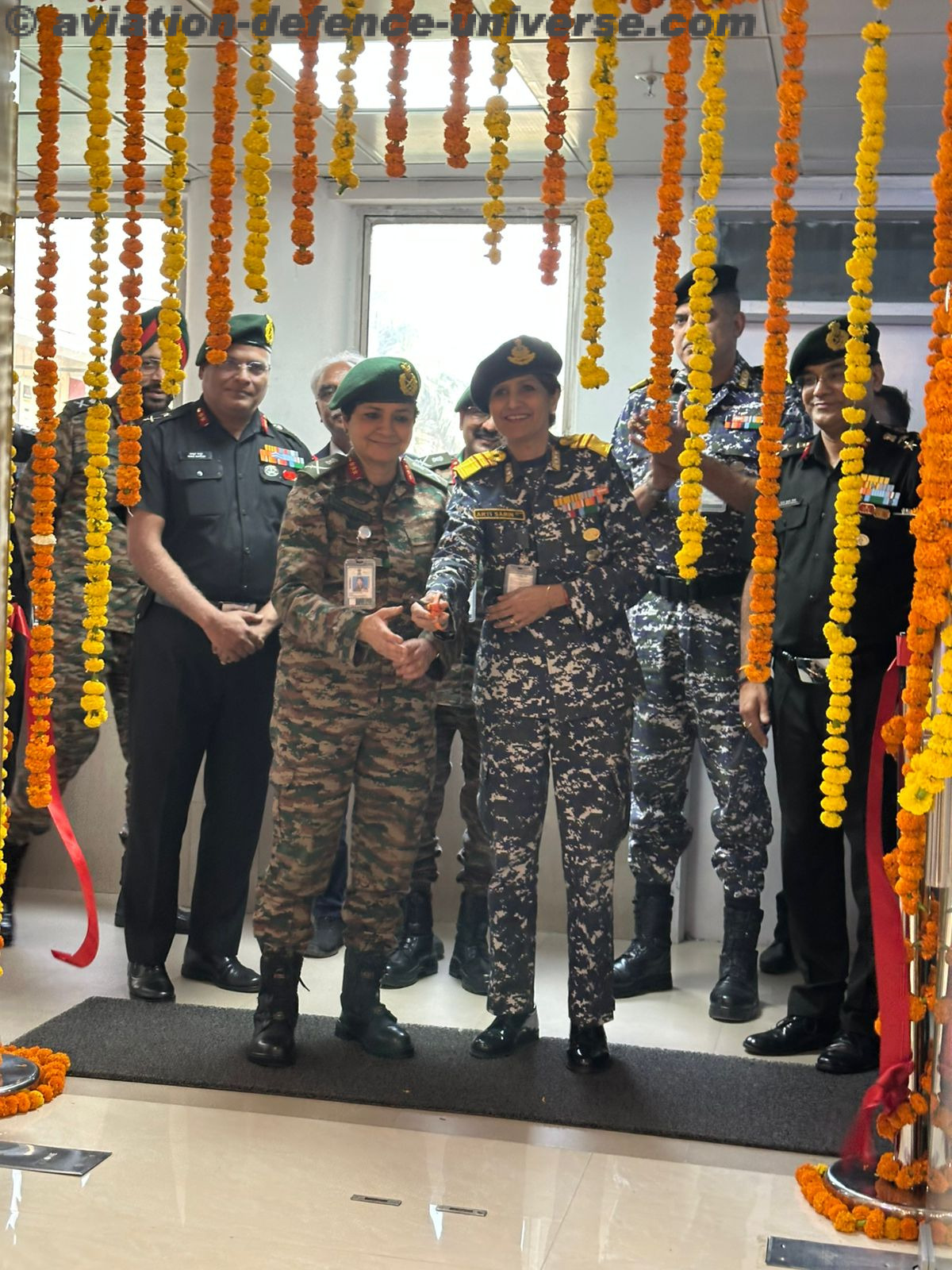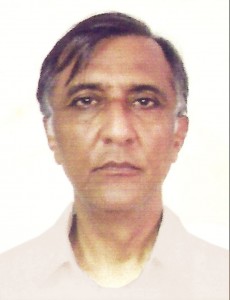
(Retd. IAS)
Birjesh Kumar, a Post Graduate in both Physics and Economics, is a distinguished officer from the 1968 batch of the Indian Administrative Service and belongs to Uttar Pradesh Cadre. He retired in March 2006 as Secretary of Department of Information Technology to the Government of India.
Brijesh Kumar with 36 years of vast, rich and diverse experience has the distinction of holding key positions in a number of PSUs as well as in the Government of India and Uttar Pradesh. In the span of his outstanding career, he had held a variety of posts including that of Chairman & CEO, Greater Noida Industrial Development Authority (UP); Managing Director in Air India; Chairman & MD, Indian Airlines; Joint Secretary (Civil Aviation); Secretary to the UP Govt. in the departments of Industry, Small Scale Industries & Export Promotion (UP), Food & Civil Supplies (UP); Technical Education (UP). Earlier he was also MD, Pradeshik Cooperative Diary Federation (UP); MD, Pradeshik Cooperative Federation (UP).
He was able to reposition the departments and institutions he worked in by way of introducing organizational and process re-structuring, modern management practices & service culture orientation. He has been successful in enabling his organizations to achieve exemplary levels of performance and service delivery, and in making these changes sustainable.
As MD of PCDF, he rapidly and successfully implemented the Operation Flood II in UP, and transformed the Dairy Federation from a moribund organization to a professionally managed and thriving organization working on the Anand Pattern of milk cooperatives.
During his tenure, Indian Airlines underwent a remarkable, and at that time thought impossible, turn around in the work attitudes and service delivery orientation of the airline, which enabled the airline to compete in the new open skies regime. In Air India also service levels improved tremendously, on time performance, the single biggest bane of the Airline was corrected and an era of industrial peace was initiated which has continued since then. As Joint Secretary in the Ministry of Civil Aviation, he was responsible for creating and managing the regulatory and policy framework for the induction and operation of new aircraft by the private and public operators, based on the principles of safety, airport and airway constraints, equity and fair play and the market mechanism.
He was successful in providing an innovative dimension & direction to Urban Planning, and implementation in Greater Noida. As a result, Greater Noida is now recognized as a new paradigm in urban development and as a city with a difference in terms of city planning, infrastructure, cleanliness, landscaping, and ambience. All this was managed with a self financing management model, and an investor friendly organizational culture.
Birjesh Kumar has been an advocate of liberalization and reforms and had taken several steps towards reforms in various economic and financial sectors. In industry sector he promoted many new policies for dismantling of controls and promulgated simplified rules.
He was able to reposition the departments and institutions he worked in by way of introducing organizational and process re-structuring, modern management practices & service culture orientation. He has been successful in enabling his organizations to achieve exemplary levels of performance and service delivery, and in making these changes sustainable.
He has had a variety of experience in successful creation of infrastructure, with substantial involvement of the private sector. In civil aviation, he was fully involved in the initiation and setting up the infrastructure necessary for the then recently introduced open sky policy. In Greater Noida several municipal services were sought to be put on the PPP mode.
As Secretary Information Technology, apart from providing a supportive policy framework for the growth and progress of the IT and electronics sector, he spearheaded a very ambitious programme of e-Governance in the country involving transparent, effective and easily accessible service delivery across several departments and States. This involves not merely software for the existing government processes, but also business process re-engineering, the setting up and operation of large scale computer system networks, and sustainable public private partnership models.
He has been generally recognized as an officer who has shown a consistent ability to simplify government processes and make them user friendly, combined with the management and administrative acumen to deliver results within time while maintaining a high standard of work














